It’s National Pollinator Week! This is a time to celebrate pollinators and raise awareness about how to protect them. So what are pollinators?
Pollinators are creatures that help plants reproduce by spreading a powdery material called pollen among flowers of the same species when the sticky pollen attaches to their bodies—many pollinators have evolved to be extra “hairy” so even more pollen will stick to them. Animals like bees, butterflies, moths, birds, and bats pollinate a majority of fruits and vegetables (i.e. non-grain crops) used in agriculture. But pollinators don’t just help plants; they rely on plants to survive and reproduce, sourcing critical nutrients from energy-rich nectar and protein-rich pollen.
Meet the Pollinators
There are many different types of pollinators in Massachusetts—bees are best-known for their pollinating prowess, but other insects such as wasps, butterflies, moths, and some flies and beetles, as well as birds like hummingbirds, are important pollinators, too. Nectar-feeding bats also pollinate plants, but are not typically found in Massachusetts—our native bats are mostly insectivores.
Read more about pollinators and what you can do to help them on our website and enjoy these five photos of pollinators that you might spot hovering around the flowers in your neighborhood this summer.
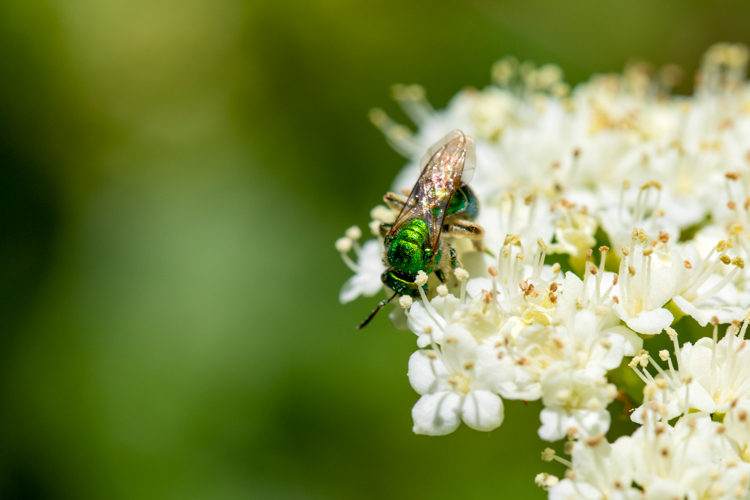
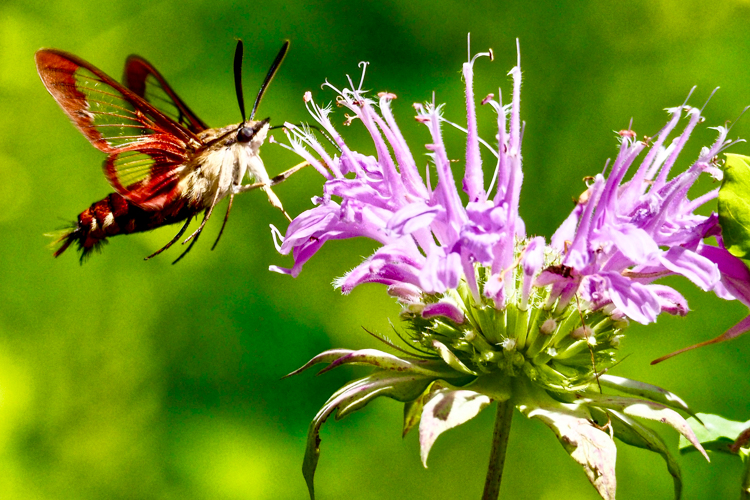
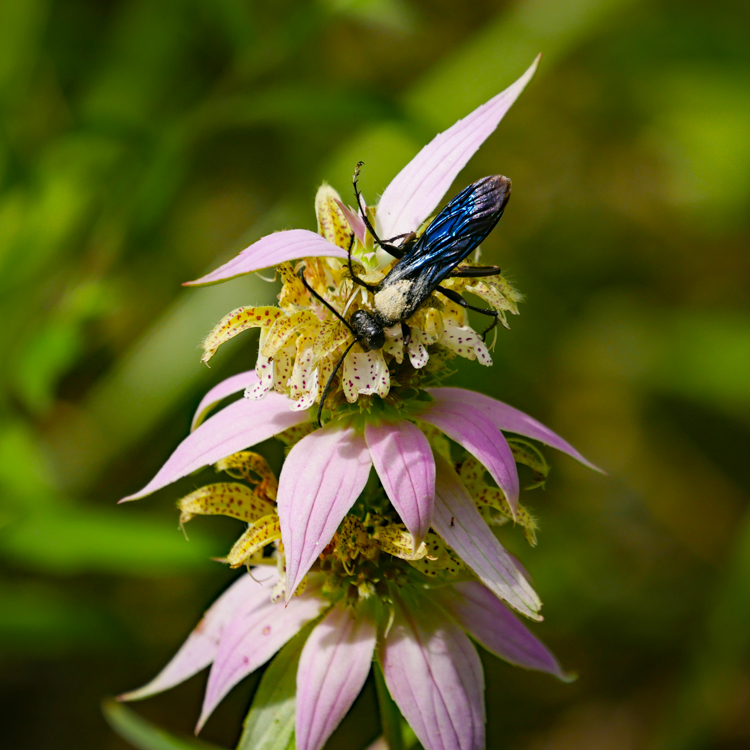
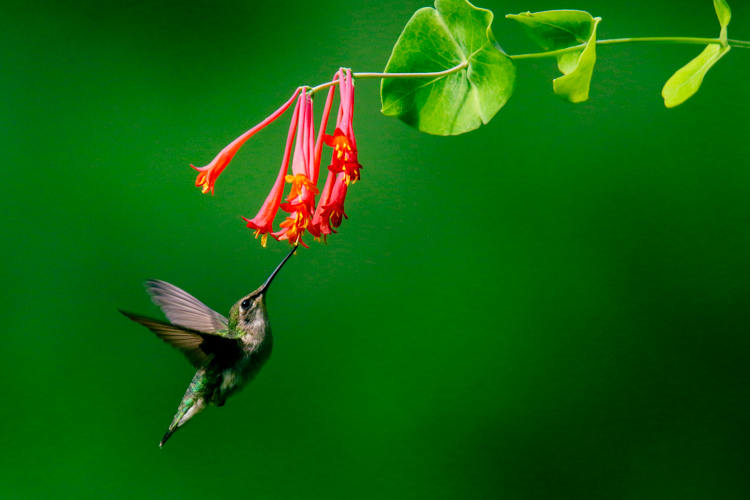
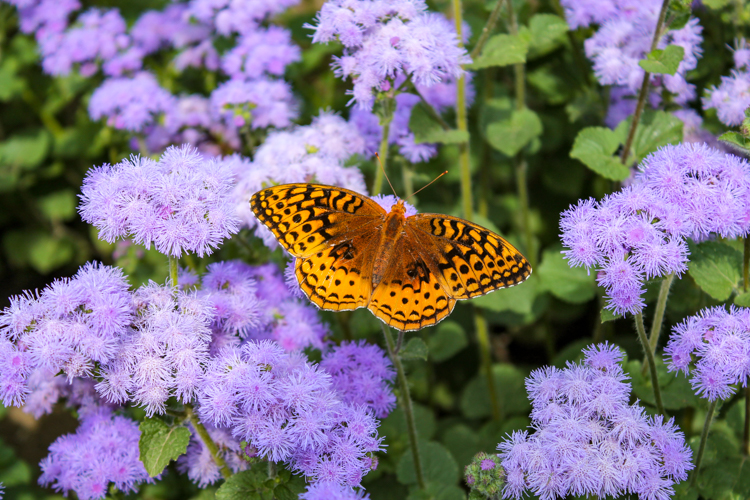


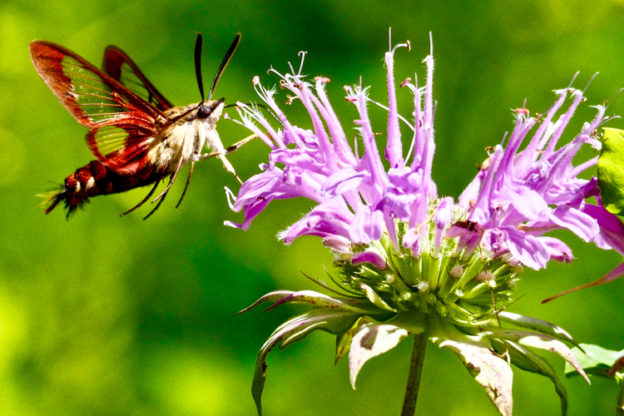
thanks alot of information